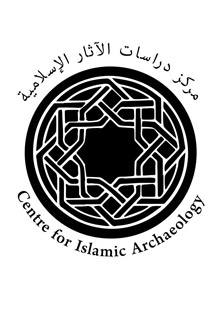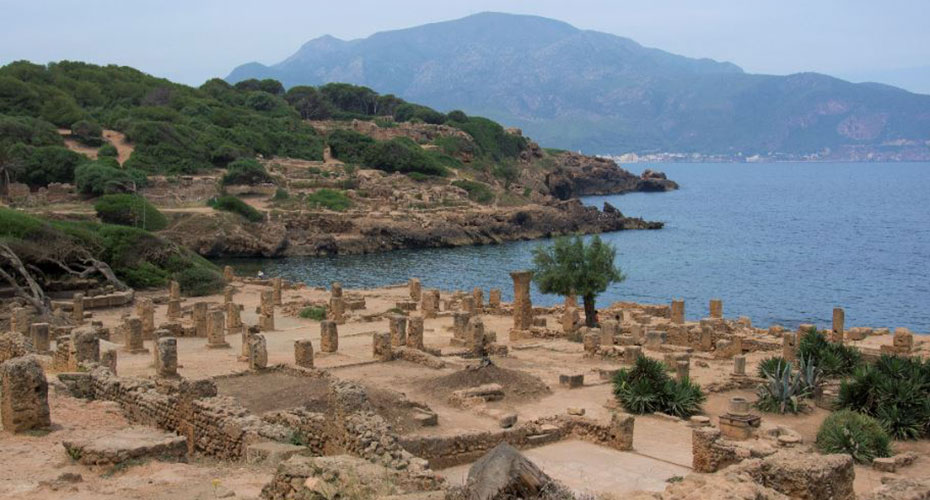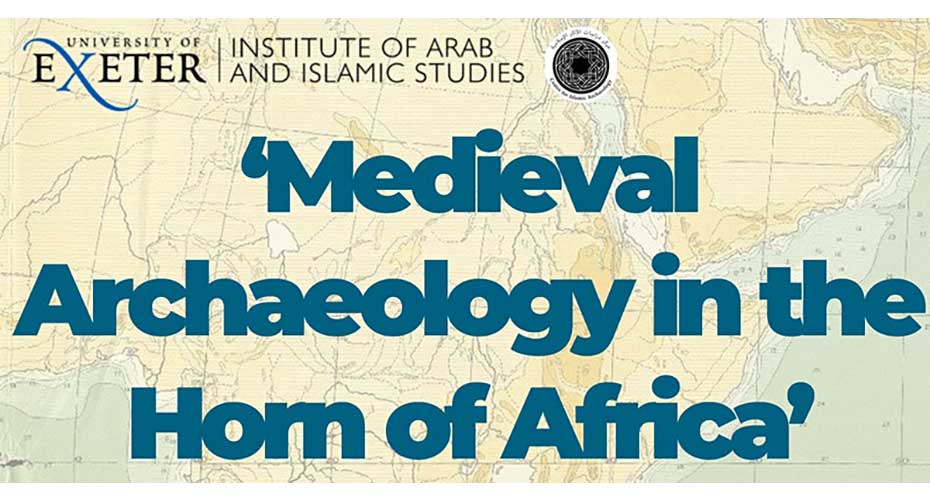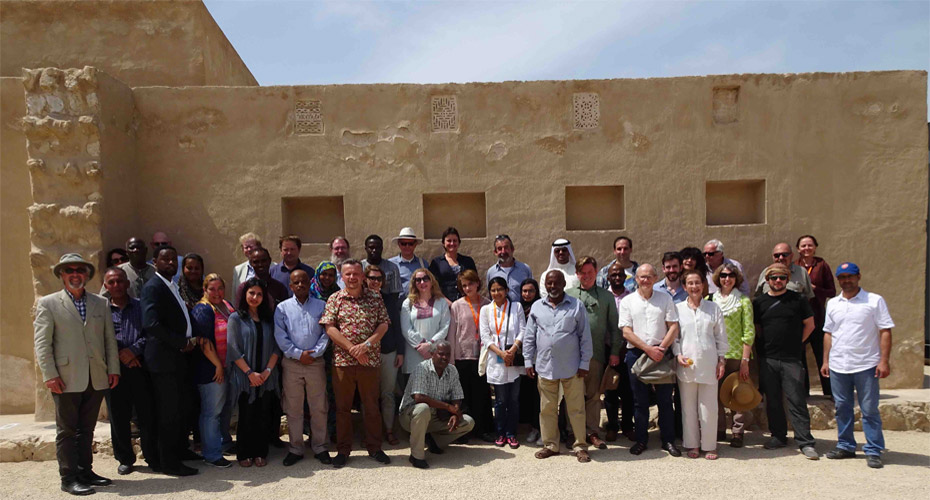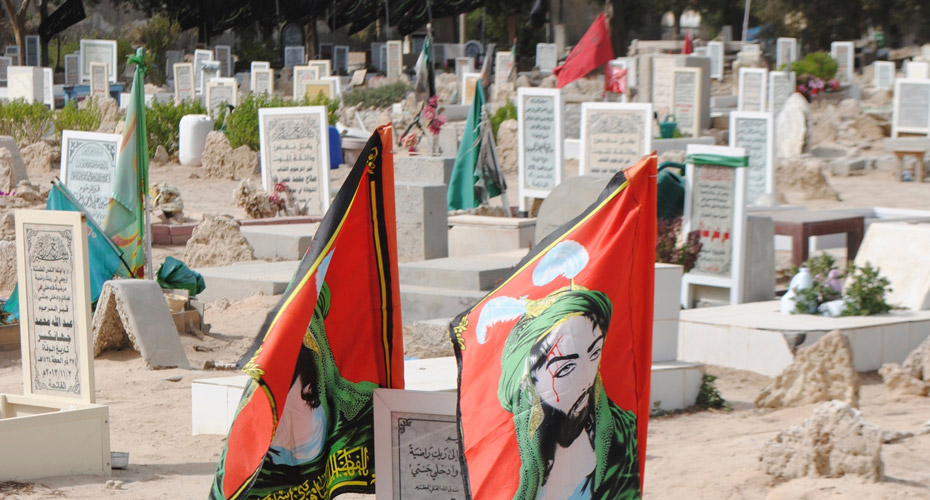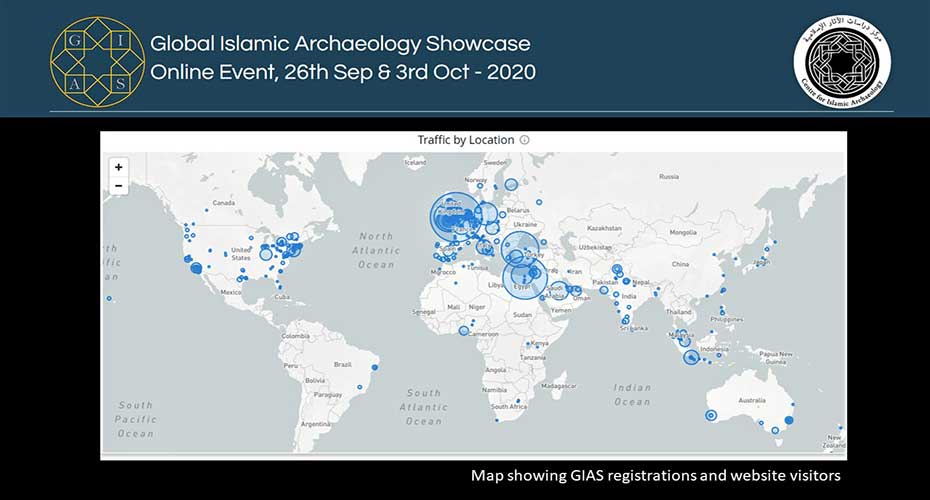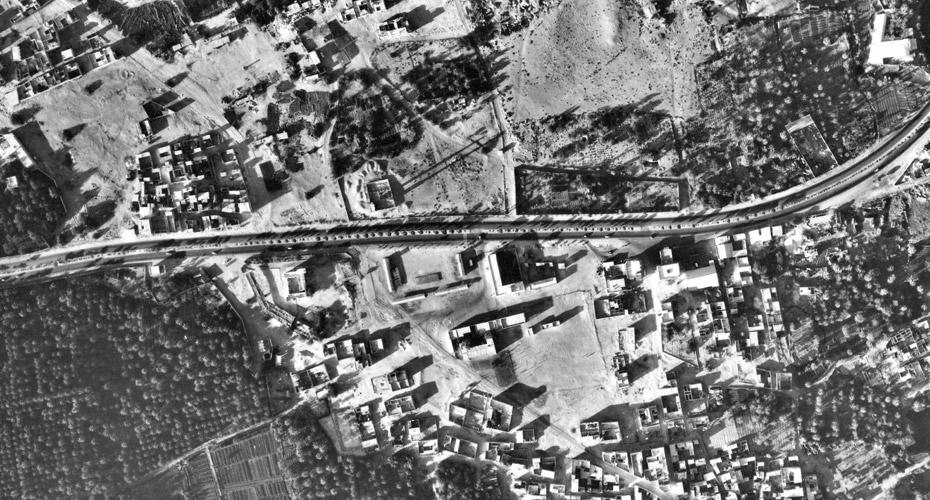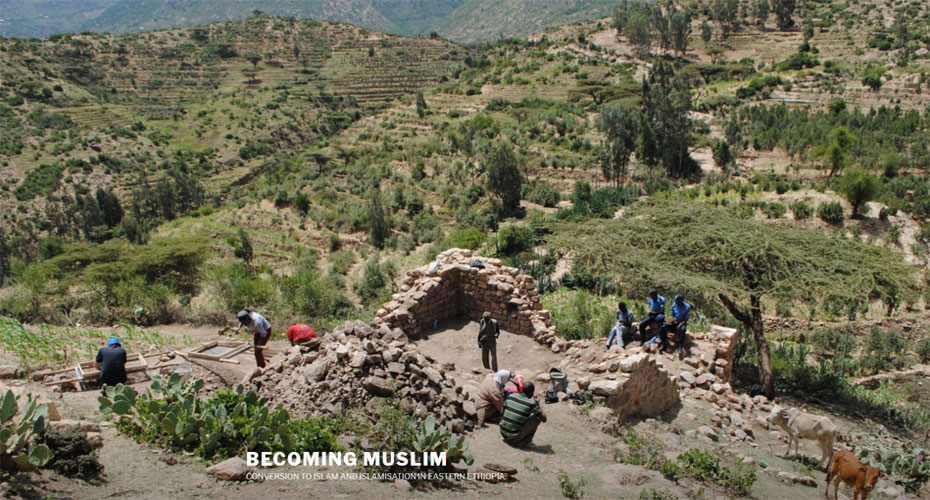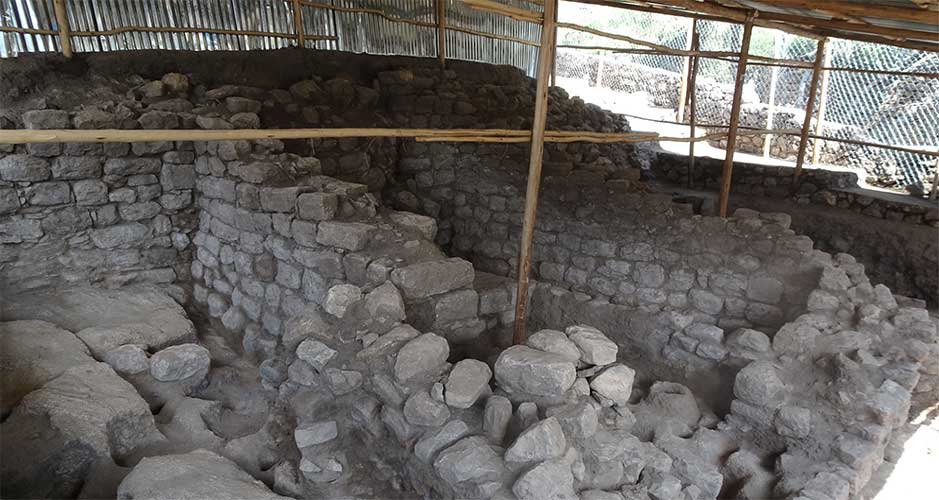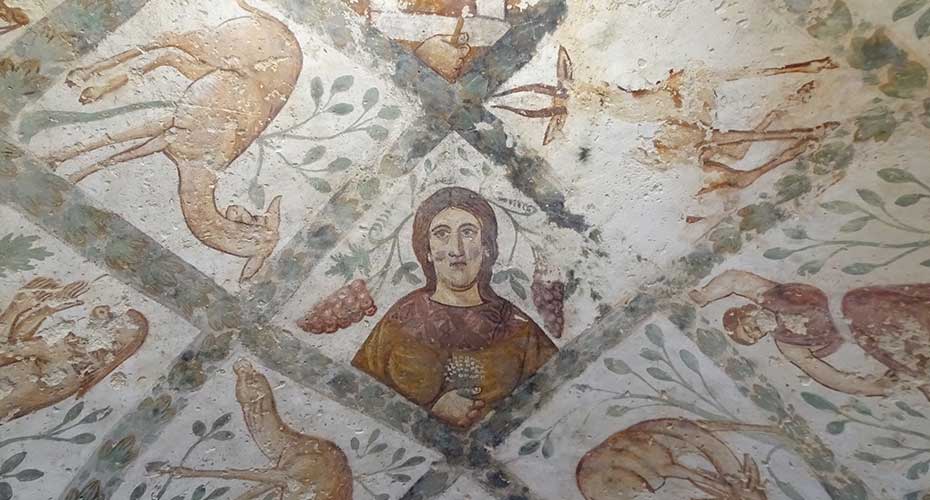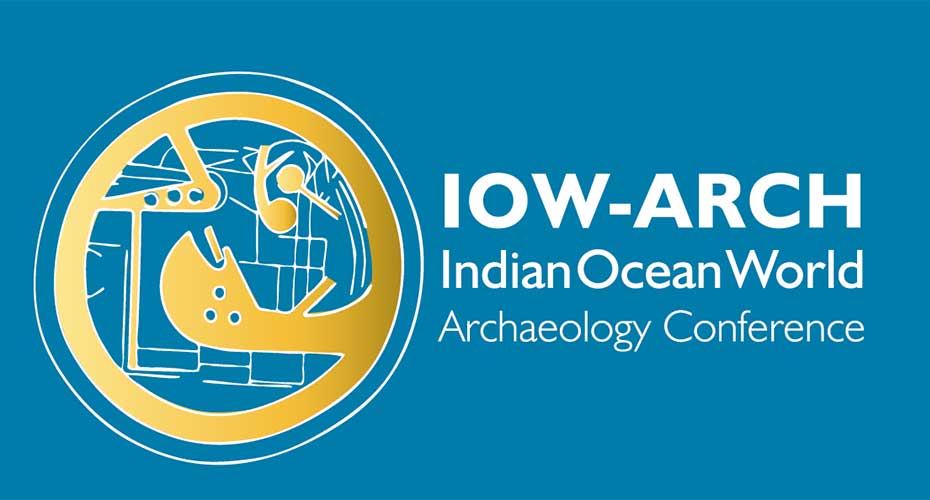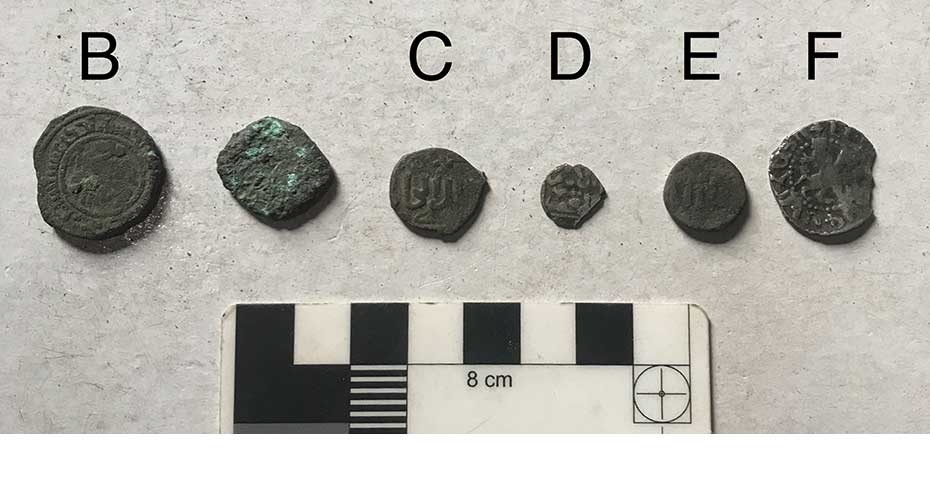Centre for Islamic Archaeology
The Centre for Islamic Archaeology (CfIA) in the Institute of Arab and Islamic Studies (IAIS), University of Exeter, was founded by Professor Timothy Insoll in 2017. The CfIA exists to teach and research on all aspects of global Islamic archaeology, and for all periods from the origins of Islam in the early seventh century through to the material culture of the contemporary era. CfIA staff are actively involved in fieldwork including, recently, in Tanzania, Ethiopia, Madagascar, Bahrain, Zanzibar, and Saudi Arabia. Besides excavation and survey, cultural resource management, remote sensing imaging, ethnography, museology, and maritime archaeology are all significant CfIA interests. The CfIA has a small, dedicated laboratory room. The Centre hosts several major externally funded research projects and a thriving PhD student community.
Conferences, seminars, and webinars are also core CfIA activities, as part of academic and public engagement and presentation, with the Global Islamic Archaeology Showcase for early career researchers, the Indian Ocean World Archaeology conference, Islamic Archaeology in Global Perspective, and the Archaeological Perspectives on Conversion to Islam and Islamisation in Africa seminar providing examples.
CfIA staff and students also curate exhibitions, ranging from site museums (Al-Khamis, Bahrain), to PhD research in progress (Street Gallery, IAIS), to contributing to major international exhibitions (Hajj, British Museum).
Our publications are equally varied from major monographs and edited volumes such as The Oxford Handbook of Islamic Archaeology (2020), to research papers, and newspaper and magazine articles. Cross Faculty undergraduate teaching draws in new students to the CfIA. International links and partnerships are a further key concern of the CfIA, ranging from the Ethiopian Authority for Research and Conservation of Cultural Heritage, Bahrain Authority for Culture and Heritage, Ghana Museums and Monuments Board, Qatar Museums, and Ministry of Heritage and Culture, Oman. Donor generosity has permitted the completion of CfIA fieldwork and provided PhD research studentships.

